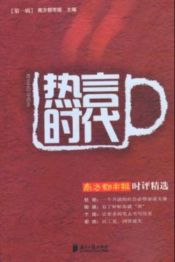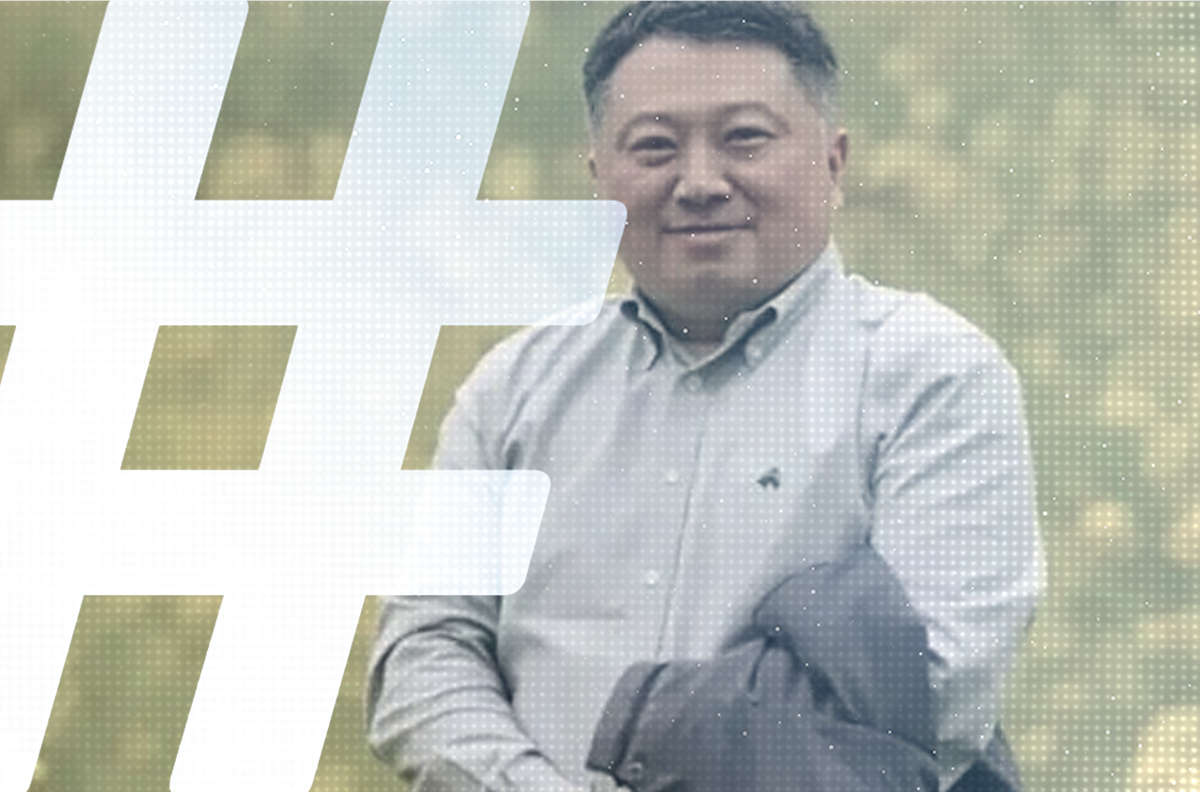The chaos of China’s present media environment, where paranoid control and censorship work alongside commercialization and fierce competition, can make for delightful surprises. Despite the daily obstacle course of orders and bans, independent voices do emerge in the Chinese media. Editorials are one of the best places to look for these voices, and “The Era of Heartfelt Words” (热言时代), a collection of Southern Metropolis Daily editorials published last month by Nanfang Daily Press, brings together some of the most unique from a newspaper that is one of the undoubted innovators on China’s media landscape. The editorials, which span roughly two years up to late 2005, offer original snapshots of serious social issues as well as quirky but intelligent takes on such trivia as award lists for outstanding public servants.

One piece from July 12, 2004, “Why Can’t Lions Study from Tigers?” addressed the growing trend of local Chinese leaders going on educational missions to overseas countries to find out how things were done there:
It has become fashionable for Chinese cadres to “go abroad to take part in advanced studies”. In these times when our own systems are not healthy and corruption regularly occurs, the people have a right to express their doubts: is this not again just coming up with another word for corruption?
The writer refers to a newspaper article in which a Mr. Li Fang argued that study programs in the United States are ineffective because the situations in the two countries are so different (“like horses and asses trying to hold a conversation”). Mr. Li had mentioned a Party secretary from a city in Shandong who spent three months in New Haven, Connecticut, serving as a “special assistant” to the city’s mayor. When then Vice-president Al Gore visited New Haven, the Chinese official remarked that the mayor did not play host to him. In the officials words: “The mayor was selected by the people and was not appointed from above, so his responsibility was to those below him, not those above”.
Mr. Li, said the editorial writer, had argued that this “responsibility to those below, not to those above” was ill-suited to China’s national situation. It was like sending lions to live with tigers – what they studied was of no use back in their own habitats.
The editorial writer took issue with Mr. Li’s conclusions:
This kind of “responsibility to those above and not to those below” in traditional Chinese politics is the root of centuries of poverty and weakness in China … Actually, when the official from Shandong wrote upon coming back of what he had learned [during his time in the United States], it was simple, precious and a good start. He remarked many good things he had learned, for example that American mayors were loathe even to treat him to a meal costing a few dollars for fear misemploying public monies. If Chinese officials can realize little things like this writer is all in favor of sending all of our mayors over there for a stint. This writer believes all officials going abroad for training should do things this way, writing down their thoughts when they return and printing them in the newspaper. This way we can let the people decide whether there is value in having them go out or not.
The first two characters in the name of this collection, reyan, translate directly as “hot words”. None of the editorials in the collection are scalding, but there is an abundance of warmth, insight and irony. If only we could now have a version in English.
[Posted by David Bandurski, July 19, 11:35am]




















